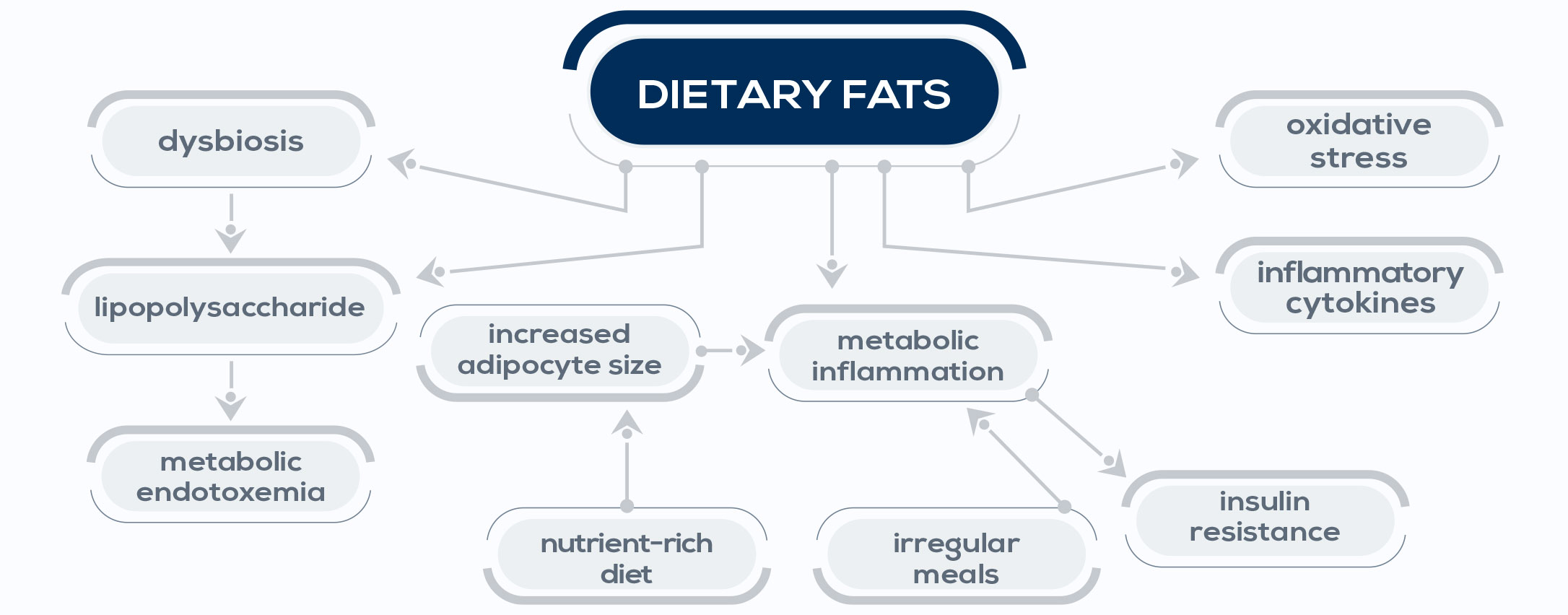Lifestyle factors can modulate the production of inflammatory molecules, but not exclusively. They can also induce the production of ROS, which in turn can induce inflammation by regulating molecules such as pro-inflammatory transcription factors. Specifically, nutraceuticals play an interesting role in suppressing inflammatory pathways. They are food constituents with potential health benefits other than their nutritional value. They can be isolated from foods and sold in the form of dietary supplements. Nutraceuticals potentially useful against inflammation include caffeic acid phenethyl ester (CAPE), capsaicin, emodin, epigallocatechin gallate (EGCG), guggulsterone, sanguinarine, deguelin, quercetin, ginseng, ginger, vitamins C and D, gamma linoleic acid (GLA), gentianine, and bromelain. Among others, curcumin and resveratrol seem particularly interesting. Curcumin is a polyphenol derived from the turmeric spice (Curcuma longa), and it is the yellow component of curry.
It can hinder cancer cell production and promote apoptosis by decreasing the production of p53, a protein mutated in over 50% of cancers, and of NF-kB. In a murine model of ovarian cancer, it was found to suppress the STAT3 pathway. Curcumin supplementation leads to a significant decrease in CRP levels, demonstrating an anti-inflammatory effect. Its action is based on multiple mechanisms that modulate the production and the activity of several molecules playing a role in inflammation (transcription factors such as NF-kB, cytokines such as IL-6, IL-12, and TNF-α, and protein kinases).


